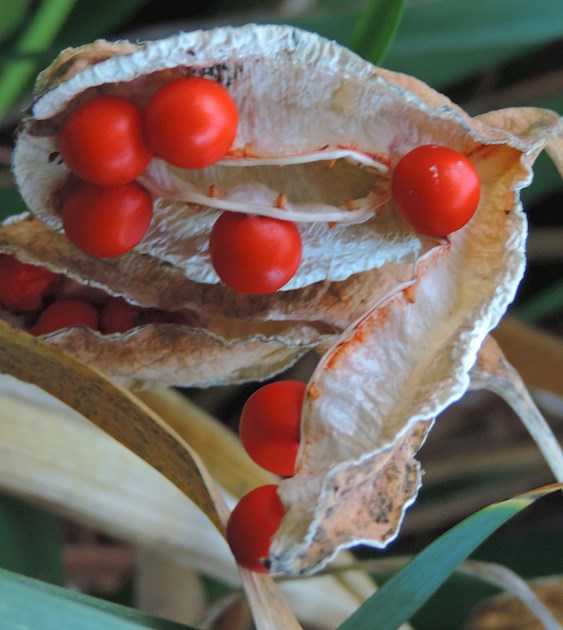'Food gives us the nutrients we need to survive, and we know a balanced diet contributes to good health.
Beyond this, many people seek out different foods as “medicines”, hoping eating certain things might prevent or treat particular conditions.
It’s true many foods contain “bioactive compounds” – chemicals that act in the body in ways that might promote good health. These are being studied in the prevention of cancer, heart disease and other conditions.
But the idea of food as medicine, although attractive, is easily oversold in the headlines. Stories tend to be based on studies done in the lab, testing concentrated extracts from foods. The effect seen in real people eating the actual food is going to be different to the effects in a petri dish."
Want to know how much cinnamon, red wine, blueberries, chocolate or turmeric to consume to achieve an active dose? Emma Beckett, Postdoctoral Fellow (Human Molecular Nutrition), School of Medicine and Public Health, University of Newcastle and Gideon Meyerowitz-Katz, PhD Student/Epidemiologist, Hunter New England Local Health District do the calculations: theconversation.com/these-5...
Of relevance to CLL, resveratrol in red wine and curcuminoids in turmeric have shown promise, with turmeric getting the most attention. As the article points out, "Importantly, curcumin in turmeric is not very bioavailable. This means we only absorb about 25% of what we eat, so you might actually have to eat well over 100g of turmeric, every day, to get a reasonable dose of curcumin. That’s a lot of curry." There are a number of turmeric supplements on the market which have been formulated to dramatically increase bioavailability, reducing the daily intake required to a much more reasonable amount of several grams per day. This Australian study showing the lymphocyte changes in 21 CLL patients taking one such formulation can be found here: healthunlocked.com/cllsuppo...
What to eat then?
We all want food to heal us, but focusing on single foods and eating mounds of them is not the answer. Instead, a balanced and diverse diet can provide foods each with a range of different nutrients and bioactive compounds. Don’t get distracted by quick fixes; focus instead on enjoying a variety of foods."
Neil
(This is an unlocked post)

 .
.